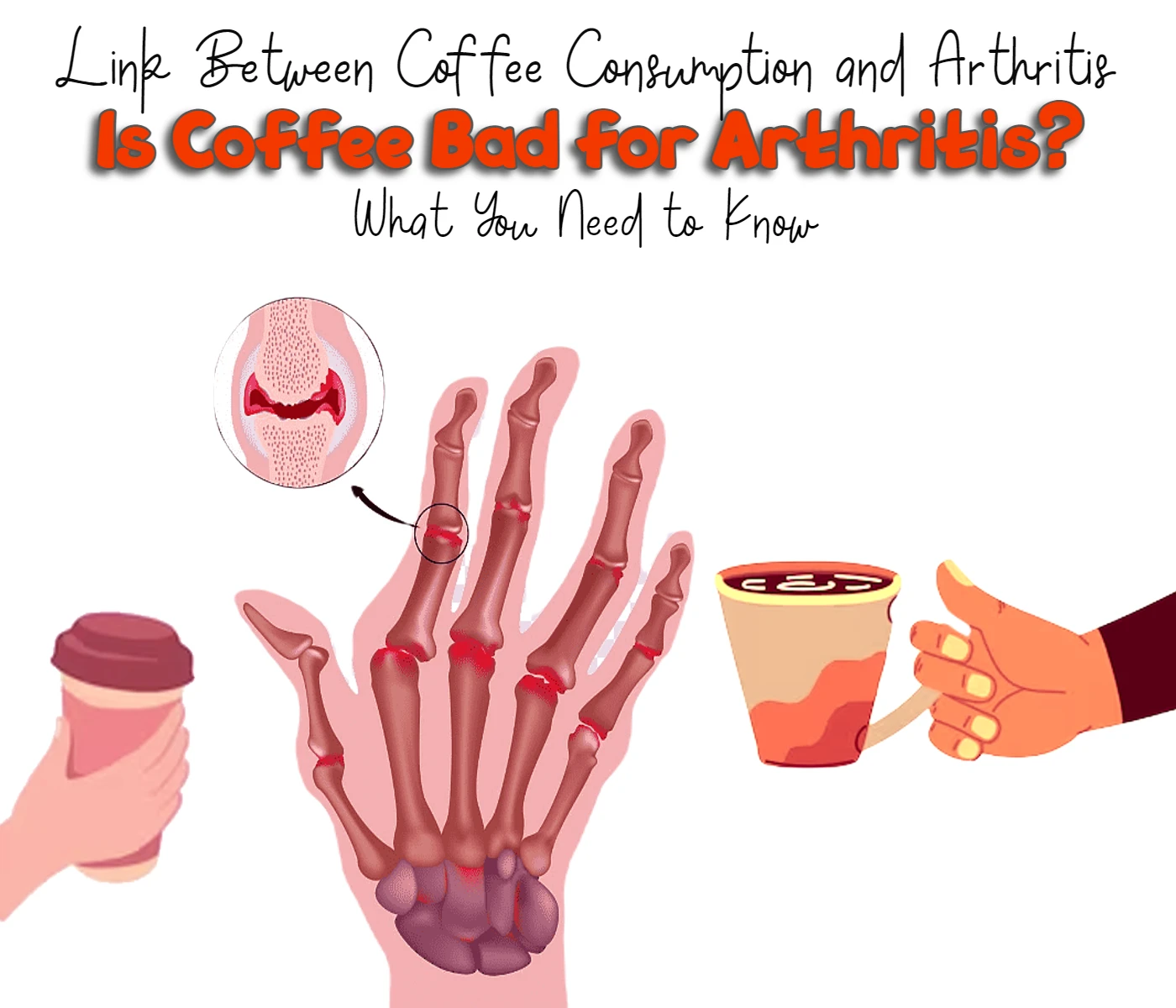Caffeine and Bone Health

Welcome to my blog on caffeine and bone health! If you’re like most people, you probably start your day with a cup of coffee or tea to help you wake up and get moving. But have you ever wondered how your caffeine consumption might be affecting your bone health?
The relationship between caffeine and bone health is a topic that has been studied extensively over the years, with some studies suggesting that caffeine may have both positive and negative effects on bone density and strength. As a result, there is a lot of conflicting information out there, which can make it difficult to know what to believe.
In this blog, I’ll provide you with a comprehensive overview of what the current research says about caffeine and bone health. We’ll explore the potential benefits and risks of caffeine consumption, as well as the most recent studies on the topic. By the end of this blog, you’ll have a much better understanding of how caffeine may be affecting your bone health, and what you can do to support strong and healthy bones. So, let’s get started!
Understanding Bone Health
Before delving into the effects of caffeine on bone health, it’s important to understand the basics of bone physiology. Bones are living tissues that undergo a constant process of remodeling, which involves the breakdown of old bone tissue and the formation of new tissue. This process is tightly regulated by a balance between two types of cells: osteoblasts, which build new bone tissue, and osteoclasts, which break down old tissue.
Bone health is influenced by several factors, including genetics, nutrition, physical activity, and hormonal status. Adequate calcium and vitamin D intake, as well as regular weight-bearing exercise, are essential for maintaining healthy bones throughout life.
How Caffeine Affects Bone Health
The relationship between caffeine and bone health is a complex one. On the one hand, some studies suggest that caffeine can have a negative impact on bone health. On the other hand, other research has found no significant correlation between caffeine consumption and bone loss.
One way in which caffeine might affect bone health is by interfering with the body’s ability to absorb calcium. Calcium is essential for strong bones, and the body needs to be able to absorb it properly in order to maintain bone health. However, some research has suggested that caffeine can reduce the body’s ability to absorb calcium, potentially leading to weaker bones over time.
Another way in which caffeine might impact bone health is by increasing the risk of falls. This is because caffeine can interfere with sleep, which in turn can lead to fatigue and reduced balance. This can increase the risk of falls, which can result in fractures and other bone injuries.
However, it’s important to note that not all studies have found a negative correlation between caffeine and bone health. In fact, some research has suggested that moderate caffeine consumption (around 400 mg per day) may have a protective effect on bone health.
Possible Benefits of Caffeine for Bone Health
While some studies have suggested that caffeine can have a negative impact on bone health, others have found that moderate caffeine consumption may have some potential benefits. For example, some studies have suggested that caffeine can increase bone density and reduce the risk of fractures in older adults.
One study published in the American Journal of Clinical Nutrition found that women who consumed around 330 mg of caffeine per day had a higher bone density than those who consumed less than 30 mg per day. Another study published in the Journal of Bone and Mineral Research found that caffeine consumption was associated with a lower risk of hip fractures in postmenopausal women.
It’s important to note, however, that these studies have limitations, and more research is needed to fully understand the relationship between caffeine and bone health.
Factors That Affect the Relationship Between Caffeine and Bone Health
There are several factors that can impact the relationship between caffeine and bone health. For example, the amount of caffeine consumed, the age and gender of the individual, and other dietary and lifestyle factors can all influence how caffeine affects bone health.
One important consideration is the amount of caffeine consumed. While some studies have suggested that moderate caffeine consumption can be beneficial for bone health, excessive caffeine consumption can have negative consequences. The recommended daily limit for caffeine consumption is 400 mg per day, which is roughly equivalent to four cups of coffee. Consuming more than this amount can lead to negative health outcomes, including reduced bone density.
Another important factor to consider is the age and gender of the individual. Women are at a higher risk of developing osteoporosis than men, and caffeine may affect bone health differently in women than in men. Older adults may also be more susceptible to the negative effects of caffeine on bone health.
Other dietary and lifestyle factors can also play a role in how caffeine affects bone health. For example, consuming adequate amounts of calcium and vitamin D can help mitigate the negative effects of caffeine on bone health. Regular exercise can also help maintain bone density and reduce the risk of falls, which can be particularly important for individuals who consume caffeine.
Conclusion
The relationship between caffeine and bone health is complex, and more research is needed to fully understand how caffeine consumption affects bone health. While some studies have suggested that moderate caffeine consumption may have potential benefits for bone health, other research has found negative effects.
Ultimately, the key to maintaining strong bones is to consume a balanced diet that includes adequate amounts of calcium and vitamin D, engage in regular exercise, and limit caffeine consumption to recommended levels. If you are concerned about your bone health, it’s important to speak with your healthcare provider for specific guidance on how to best maintain strong and healthy bones.
In conclusion, the effects of caffeine on bone health are not yet fully understood, and the available evidence suggests that caffeine may have both positive and negative effects on bone health depends on a number of factors. While moderate caffeine consumption may have some benefits for bone health, excessive consumption of caffeine can lead to negative consequences such as calcium loss and increased risk of fractures.
It is important to maintain a balanced diet and engage in regular exercise to support bone health and limit caffeine consumption to recommended levels. By doing so, you can help to ensure that your bones remain strong and healthy throughout your life. If you have concerns about your bone health, be sure to speak with your healthcare provider, who can offer personalized advice and recommendations to help you maintain strong and healthy bones.
FAQs
Moderate caffeine consumption, defined as 300-400 mg per day, appears to have little to no negative impact on bone health. However, excessive caffeine consumption, especially when combined with inadequate calcium intake, can increase the risk of osteoporosis and fractures.
If you consume caffeine in moderation and also maintain a balanced diet with adequate calcium and vitamin D, there’s no need to stop consuming caffeine altogether. However, if you’re concerned about your bone health, it’s a good idea to talk to your healthcare provider about the best course of action.
Decaffeinated coffee can be a good option for those looking to reduce their caffeine intake, but it’s not necessarily a better option for bone health. While some studies have suggested that decaffeinated coffee may have some benefits for bone health, others have found no significant differences between regular and decaf coffee.
Caffeine supplements can be harmful to bone health if consumed in excess, especially if combined with inadequate calcium intake. It’s best to consume caffeine in its natural form, such as coffee or tea, rather than in supplement form.
Yes, there are many other lifestyle factors that can impact bone health. Engaging in regular weight-bearing exercise, such as walking or running, can help to maintain bone density. Additionally, quitting smoking and limiting alcohol consumption can also have a positive impact on bone health.
Read More:





